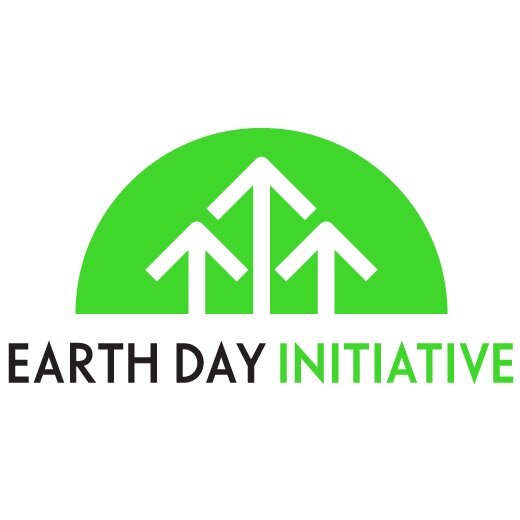According to the NRDC, about 200 million pounds of turkey will be wasted this Thanksgiving, totaling to a collective $239 million down the drain. We've compiled a list of some of the best ways to avoid contributing to these statistics and to have a healthier and more sustainable Thanksgiving.
1. "Turkey Day" No More
The history of Thanksgiving is rooted in celebrating the harvest and the wonder of nature. Although eating turkey has become an important tradition on Thanksgiving, it is clear that this way of eating leads to mass amounts of waste. This year, have your main course be a creative, meat-free dish - it will certainly be a conversation starter, and you probably won't feel as comatose by the end of your meal.
2. Prepare Your Guests
If your guests are bringing dishes to add to the table, make sure they know how many people will be in attendance in order to avoid excess food. Also remind them to bring containers for leftovers!
3. Buy Organic, Local, And Seasonal
Decrease your carbon footprint and support local farms all at the same time! If you aren't ready to nix the turkey completely, try to buy an organic turkey that was locally and humanely raised.
4. The Freezer Is Your Friend
Who says Thanksgiving only has to last for one day? Sometimes, the best part is eating leftovers for days - and weeks - to come. Store your leftover prepared meals and unused ingredients in the freezer; the meals can be quickly re-heated, while the ingredients can be used to make new dishes.
5. Donate Extra Food
Although many local food banks and shelters will not accept prepared meals, they will take extra non-perishable goods, such as canned vegetables or a box of stuffing. Find and contact your local food bank to see what you can donate!
6. Compost Compost Compost
We can't say it enough on this blog. If you have prepared food that you can't donate, give your thanks to mother earth and recycle that food into fertile soil.
7. Just Because You Eat Potatoes, Doesn't Mean You Have To Become One
As great as it is to settle into the couch for the football game, we challenge you to get outside and play a game of your own. Whether you decide to play football or go for a family walk, your body and mind will thank you!
We hope that all of our readers will utilize at least one - if not all - of these tips. Have a happy and wonderfully sustainable Thanksgiving!



